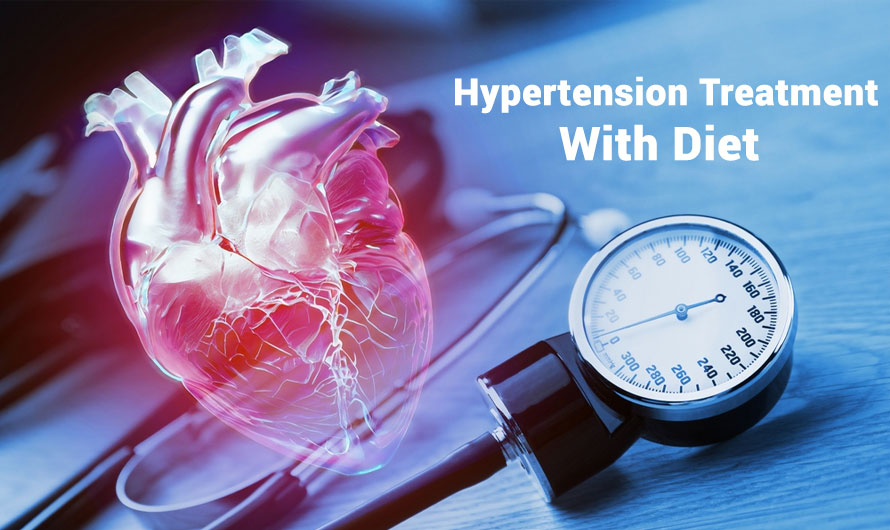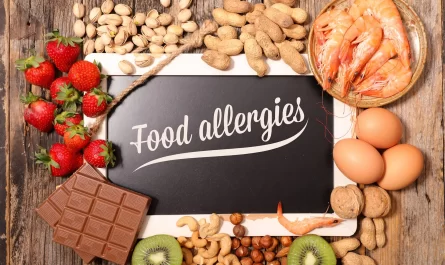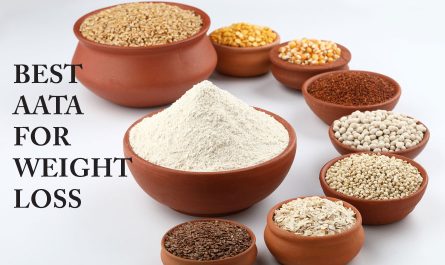In the pulsating rhythm of life, the struggle with hypertension and weight management is a challenge faced by many in the Indian population. As we navigate this health journey, let’s unravel the complexities of hypertension, exploring its main causes, symptoms, and the critical question – when is blood pressure too high?
Understanding Hypertension:
Main Cause of Hypertension: Hypertension, or high blood pressure, often stems from a combination of factors, including genetics, lifestyle choices, and dietary habits. The primary cause revolves around increased resistance in the blood vessels, making it imperative to adopt a holistic approach to tackle this silent adversary.
Symptoms of Hypertension: One of the cunning aspects of hypertension is its silent nature. Symptoms may not manifest until it reaches advanced stages. Regular monitoring and awareness are crucial in managing hypertension effectively.
Blood Pressure Basics:
When is Blood Pressure Too High? Understanding the thresholds is key. Blood pressure is considered elevated when consistently above 130/80 mmHg. For those grappling with readings like 150/90 mmHg, it’s time to take proactive steps.
What is Normal BP Range? A normal blood pressure range falls within 120/80 mmHg. Maintaining blood pressure within this range is essential for overall cardiovascular health.
Dietary Strategies for Hypertension:
Diet for Hypertension: Crafting a diet tailored to hypertension is pivotal. A diet rich in potassium, magnesium, and fiber, coupled with low sodium intake, can significantly contribute to blood pressure management.
What Foods to Avoid with Hypertension
Processed foods, excessive salt, and high-sugar items should be limited. The sodium in our diets plays a crucial role in blood pressure regulation.

The Power of Nutrition:
Dietary strategies that can act as a cornerstone in your journey toward better blood pressure management.
1. Potassium:
A diet rich in potassium plays a pivotal role in hypertension management. Potassium helps balance sodium levels in the body, reducing the risk of elevated blood pressure. Include potassium-rich foods like bananas, oranges, spinach, and sweet potatoes in your daily meals.
2. Magnesium :
Magnesium is another mineral with significant implications for blood pressure regulation. Incorporate magnesium sources such as almonds, leafy greens, and whole grains to support cardiovascular health.
3. Fiber-Focused Diet:
Dietary fiber aids in maintaining a healthy weight and promotes optimal digestion. Opt for whole grains, legumes, fruits, and vegetables to increase your fiber intake. These choices contribute to satiety and assist in weight management – a crucial aspect of hypertension control.
4. The Sodium Dilemma:
Reducing sodium intake is a cornerstone of any hypertension-friendly diet. Processed and packaged foods are often laden with hidden sodium. Embrace fresh, whole foods and flavor your meals with herbs and spices rather than excessive salt.
5. Hydration Habits:
Adequate hydration is key for overall health and blood pressure control. Water helps maintain fluid balance and supports the kidneys in eliminating excess sodium. Make water your primary beverage, and limit the intake of sugary and caffeinated drinks.
6. Mindful Eating Practices:
Practicing mindfulness during meals can positively impact hypertension. Slow down, savor each bite, and be conscious of portion sizes. This approach encourages better digestion and may contribute to weight management.
Which Drink Can Lower BP?
Incorporating hibiscus tea or beetroot juice has shown promising results in lowering blood pressure. These natural beverages can be a refreshing addition to your routine.
Do Bananas Lower Blood Pressure?
Bananas, rich in potassium, are a heart-healthy snack that can aid in maintaining healthy blood pressure levels.
Does Lemon Water Lower BP?
Lemon water, with its hydration benefits and vitamin C content, can contribute to overall cardiovascular health, indirectly supporting blood pressure management.
Can Garlic Lower Blood Pressure?
Garlic, known for its medicinal properties, has shown potential in lowering blood pressure. Incorporating it into your meals may offer a flavorful solution.
Control Hypertension with D’FAB U team
In this labyrinth of health concerns, the D’FAB U team stands ready to guide those struggling with hypertension and weight management. Our tailored approach focuses on empowering individuals with personalized dietary strategies, lifestyle adjustments, and ongoing support.
As we unravel the intricacies of hypertension, the journey toward better health unfolds. Are you ready to embark on this voyage, armed with knowledge and supported by the D’FAB U team? Your path to wellness starts with a question – how will you take charge of your hypertension and reclaim a healthier tomorrow?
Elevate your well-being at DfabU: Nourish your body, lose weight, and thrive with Dietician Deepak Khera. Start your healthy transformation today – call 83602 57379!


